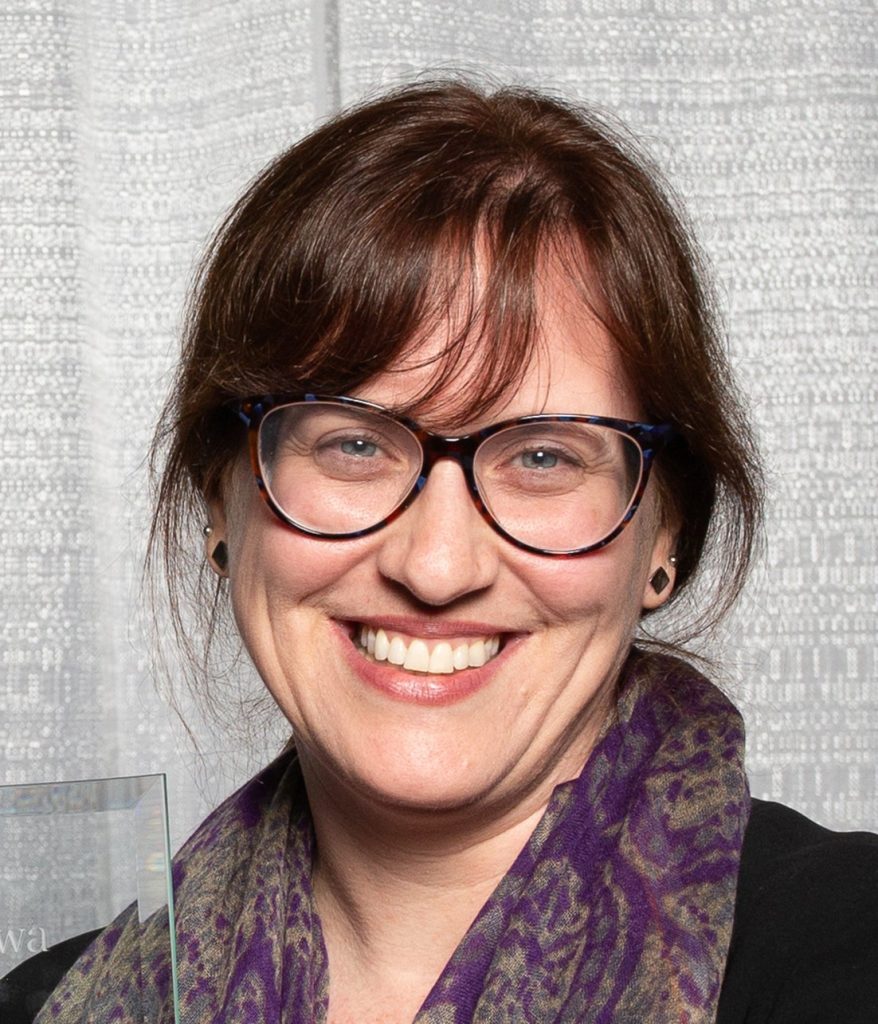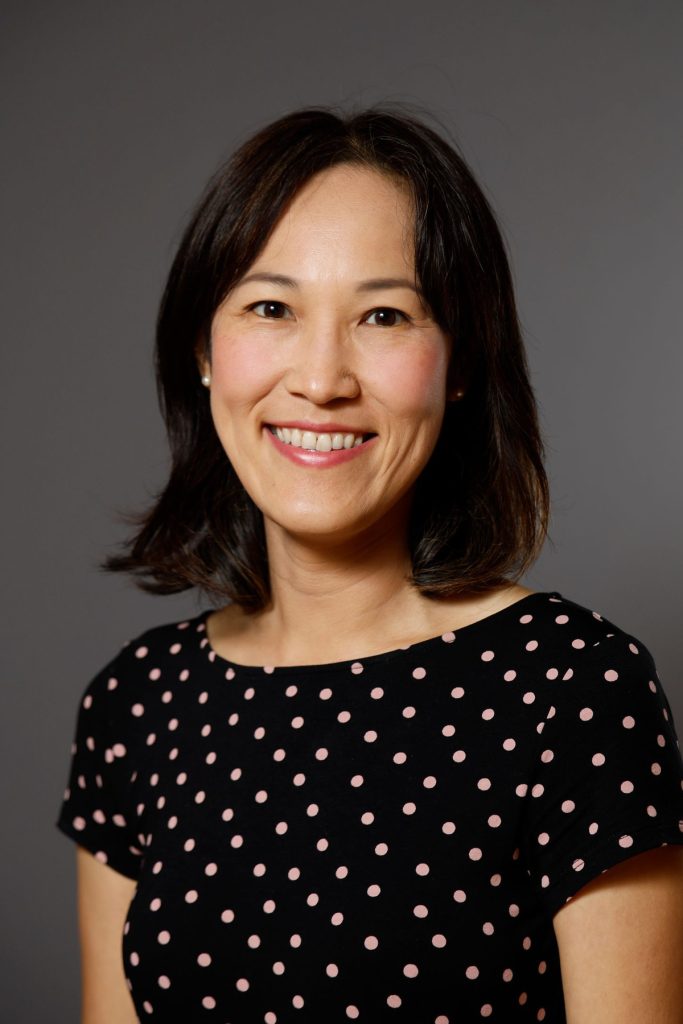
Beverly Baker
Director, Language Assessment, Official Languages and Bilingualism Institute, University of Ottawa
Considering multilingual assessment: Twenty questions—and the beginnings of a response
Abstract:
Describing the field of multilingual assessment is not at all straightforward; the concept has many meanings, including the assessment of multiple languages (as separate entities or in combination) or the assessment of what can be termed a single language, but in a multilingual context. Whichever perspective you take, it seems necessary to accept that focussing attention on single named language in isolation, as if no other languages exist in a given context, is rarely realistic or appropriate and is often counterproductive. This statement holds true whether we are considering language teaching, assessment, or educational policy.
From this starting point, I began by asking myself two basic questions:
- How is multilingual assessment perceived differently by scholars working with a background of language assessment as opposed to multi/plurilingualism?
- What discoveries have been made by scholars attempting the development of assessment tools that target language use of multiple languages—or across named language boundaries?
While these questions were a useful starting point for my reflections, they resulted in another set of questions! I will share all these questions with you and I will encourage you to add your own. Together they may form the basis of a research program proposal to combine rather than divide the efforts of colleagues within applied linguistics on this topic, which has proven to be surprisingly controversial.
Bio:
Beverly Baker is Director, Language Assessment, at the Official Languages and Bilingualism Institute at the University of Ottawa, Canada, where she holds the Research Chair in Language Assessment Literacy. She works and publishes widely in the areas of language test validation, language teacher development, multilingual assessment and language assessment competency development. She also consults widely with professional organisations and governments on language testing issues. She is currently Treasurer of the International Language Testing Association and a founding member of its Language Assessment Literacy Special Interest Group. In 2019 she received the International Assessment Award from the British Council.

Becky Hsuanhua Huang
Professor, Department of Teaching and Learning, Ohio State University
Assessing young multilingual learners’ language development: Myths, challenges, and promises
Abstract:
Due to globalization and immigration trends, the number of children growing up learning more than one language has been growing rapidly around the world. These young multilingual learners may learn an additional language in a majority/societal language immersion context (e.g., learning English in the United States where English is a societal language) or in a minority/foreign language instructed learning context (e.g., learning English in Taiwan or in Mexico where English is a foreign language). The increase in this population comes with the parallel need for fair and effective assessment of their multilingual development.
In this talk, I will focus on the 4-13 age group (i.e., kindergarten to 8th grade in the US education system) because it’s a critical stage of development in language as well as cognitive and social-emotional domains. Assessments of their language development also have strong relevance and implications for education. I will first discuss the myths related to assessing this population. I will then address the challenges of assessing multilinguals in three key areas: 1) the heterogeneity in the young multilingual population, 2) the connections between language and content, and 3) the difficulties in differentiating between typically-developing multilingual development and language learning difficulties (also known as developmental language disorders). I will end the talk with a discussion of the future of multilingual assessment, considering the roles of technology (e.g., Artificial Intelligence) and the application of translanguaging in assessing young multilinguals.
Bio:
Becky Hsuanhua Huang is a Professor in the Department of Teaching and Learning at Ohio State University, where she is also a faculty associate with the Crane Center for Early Childhood Research and Policy, and affiliate faculty with the Center for Languages, Literatures, and Cultures. Her interests include language assessment and language acquisition, particularly among young multilingual learners. Dr. Huang currently serves on the Editorial Board of Language Testing, Language Assessment Quarterly, and TESOL Quarterly. She has directed two NIH grants focusing on multilingual learners’ language/literacy development, and is currently co-directing an IES grant that aims to develop language-focused reading intervention for multilingual learners in upper elementary grades. This year (2023), she won the Mid-Career Award of the AERA Second Language Research Special Interest Group.